Research and Innovation
Innovating
Beyond Disciplines




The Tech Landmark is a complex of four buildings targeted to open in 2024.
The most visible evidence of our trajectory is the expansion of our physical research space. A groundbreaking ceremony was held in July 2022 for the Tech Landmark, a complex of four buildings that will open in 2024 to accommodate at least 12 institutes focussing on interdisciplinary research across all disciplines, including non-STEM fields. Earlier in the year, the Institute of Data Science became the first institute to formally be launched (see Applying Data across Disciplines).
However, the Tech Landmark is only a prelude to our ambitions. In 2022 we also announced the Global Innovation Centre, which would be located near the Medical Campus and provide a world-class facility for deep technology research, and we made progress on the planned HKU-Shenzhen Campus to strengthen our regional presence. Both facilities would substantially increase HKU’s research footprint and capabilities.
Collaboration is also a big part of our growth plans. In June 2022 we signed a strategic cooperation agreement with the Qianhai Authority that will step up talent cultivation, scientific research and technology transfer through interdisciplinary and STEM initiatives.
HKU’s strong bank of talent is evident in the global recognition that our scholars receive across all disciplines, including 38 Highly Cited Researchers named in Clarivate’s 2022 list, the most ever and a significant increase over last year’s 31. We now rank 26th globally in terms of the number of Highly Cited Researchers. Nonetheless, there is potential to do even better, especially given our expansion plans. We have therefore been recruiting top talents and nurturing promising ones.

Newly recruited research talents at the Institute of Data Science.
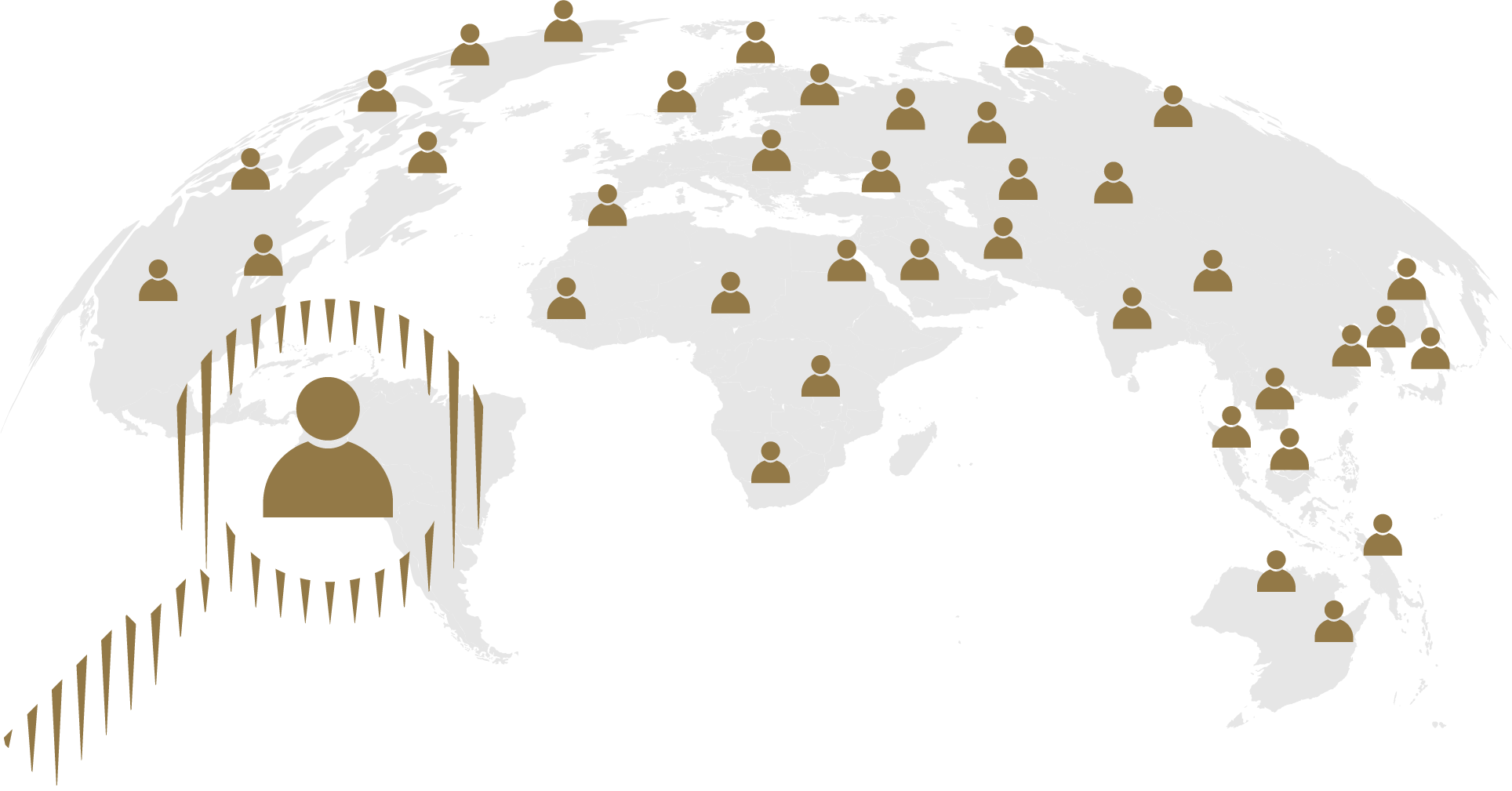
The HKU Global Professoriate Recruitment Campaign aims to bring 100 world-class scholars in emerging fields to HKU. As of autumn 2022, more than 40 distinguished scholars had been recruited from institutes such as Stanford, Princeton and Yale Universities and the Massachusetts Institute of Technology. HKU has also done very well in the government’s Global STEM Professorship Scheme, securing the highest proportion of professorships among the eight local universities.
We are developing young research talent through several programmes, including the new Interdisciplinary PhD Programmes that will admit students from 2023–24 from multidisciplinary backgrounds; the new Dissertation Year Fellowship that will support selected outstanding PhD students to pursue an additional year of training after they submit their thesis; and new funds to award research postgraduate students for publication in a high-quality journal and for innovation initiatives. All told, these measures will boost our attractiveness to promising young scholars.
A major indicator of the quality of our research talent is our consistent success in competitive research funding exercises, where we continued to lead all other Hong Kong universities in 2021–22. Highlights include receiving the largest share of the Research Grants Council’s (RGC) General Research Fund (HK$225.29 million for 247 projects, excluding on-costs); leading five of the eight projects awarded under the RGC’s 12th round of the Theme-based Research Scheme, receiving total funding of HK$168 million (including on-costs); and leading one of only two Areas of Excellence projects awarded in 2022 (total funding of HK$74.8 million, including on-costs).
In the past, that might have been the welcome sum of our government funding support, but HKU has also been performing strongly in Mainland funding exercises. In 2021–22, our scholars received more than RMB26 million via HKU’s Shenzhen Institute of Research and Innovation and RMB25.7 million directly via HKU from the National Natural Science Foundation of China and Guangdong and Shenzhen funding bodies. In addition, 10 young HKU scientists were awarded under the 2022 Excellent Young Scientists Fund (Hong Kong and Macau), the highest among peer institutions for the fourth consecutive year (see Excellent Young Scientists).
With growing financial support, talent development and physical expansion, the University has high expectations of magnifying its research impact in the coming years. These investments aim to position us as a truly world-leading university that not only contributes to the development of new and innovative economic industries in Hong Kong but provides solutions to some of the most pressing challenges facing our world.



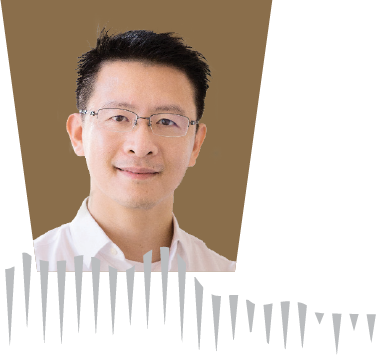
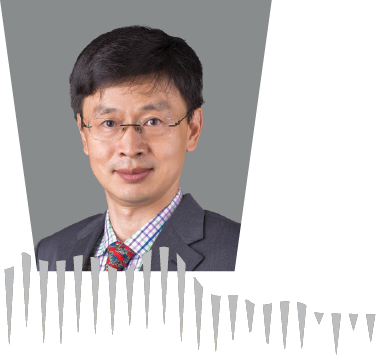
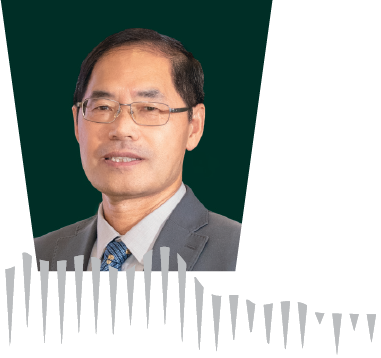
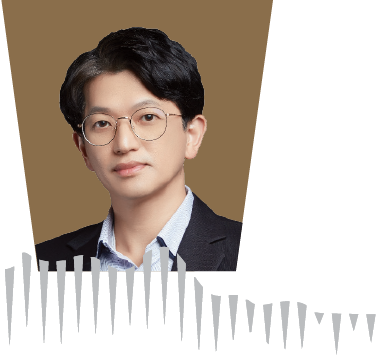
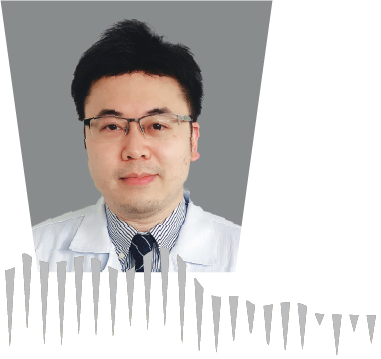
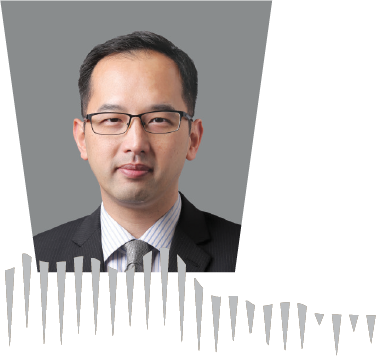
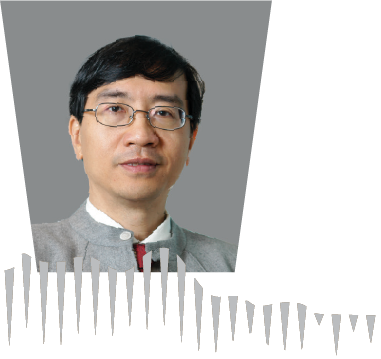
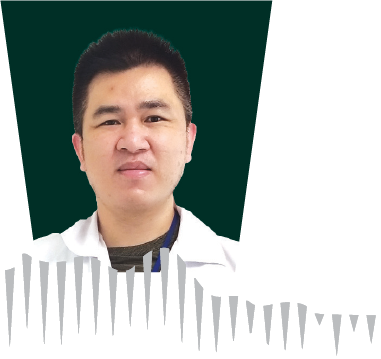
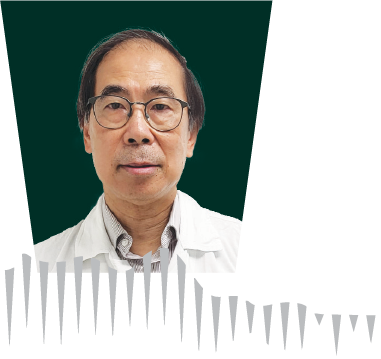

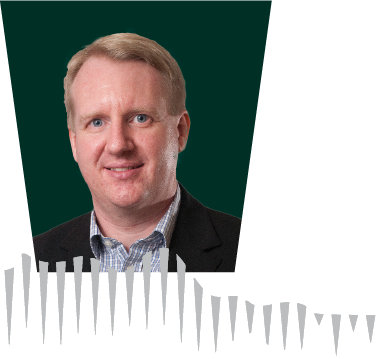
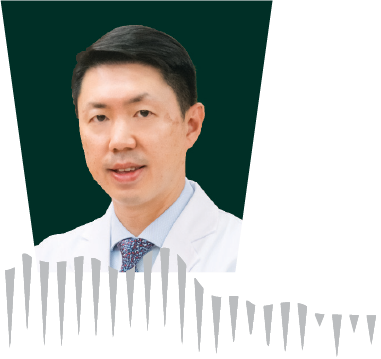
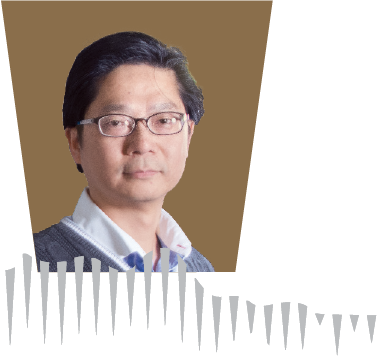
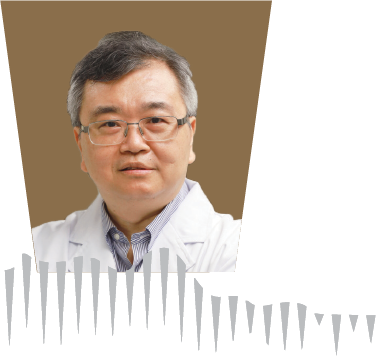
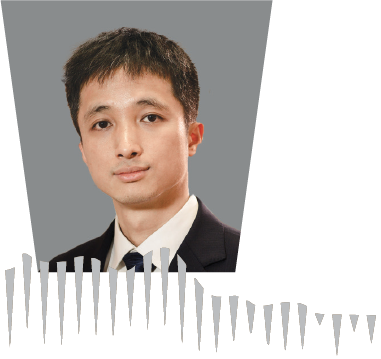
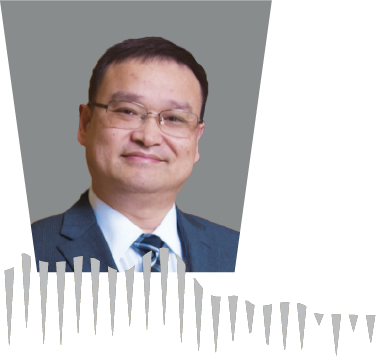
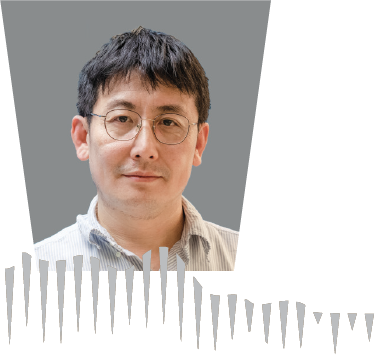

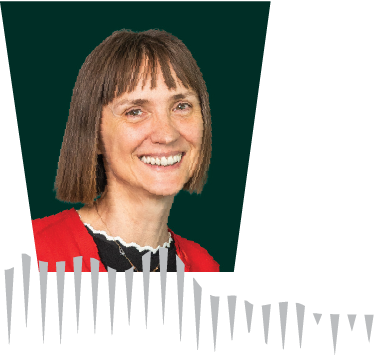
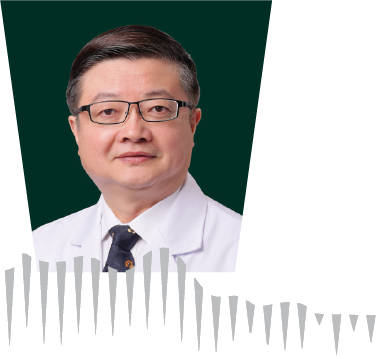
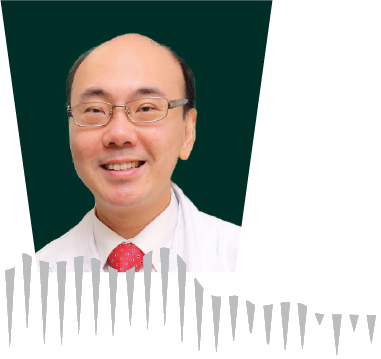
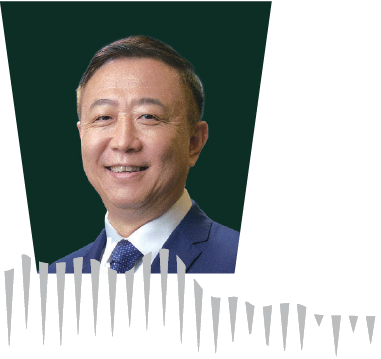
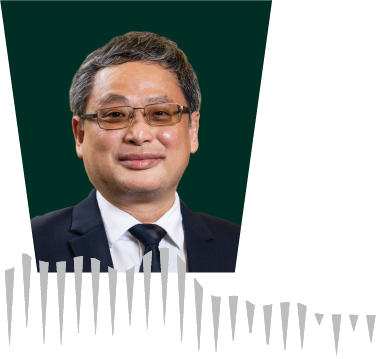
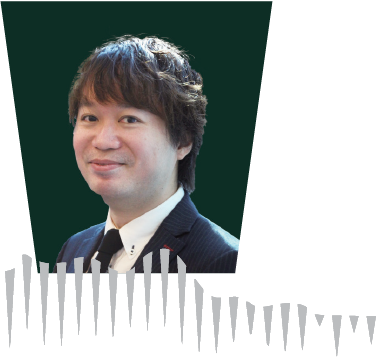
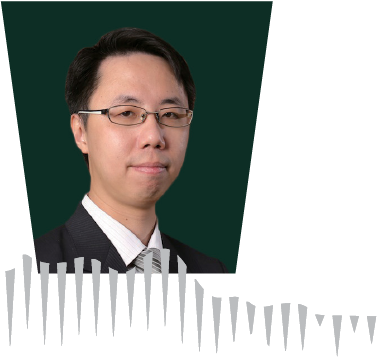
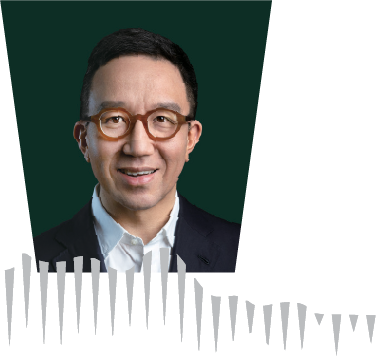
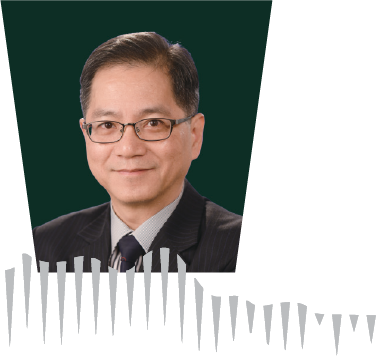
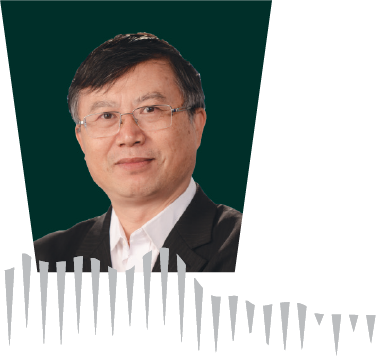
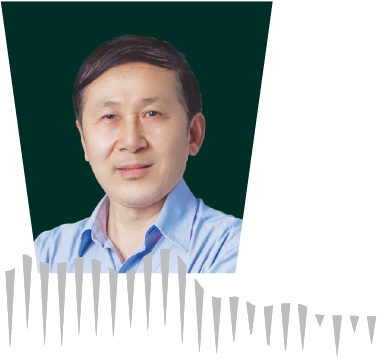

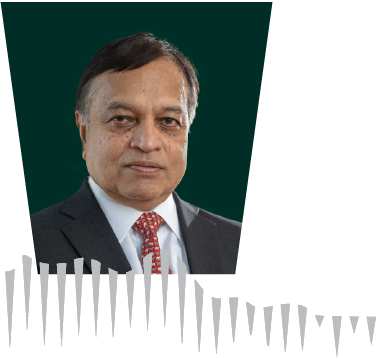
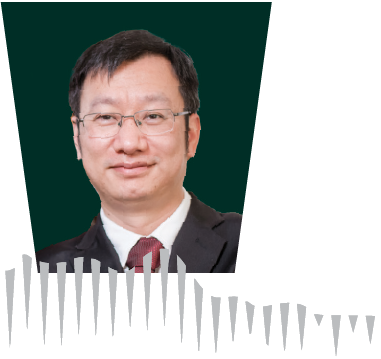
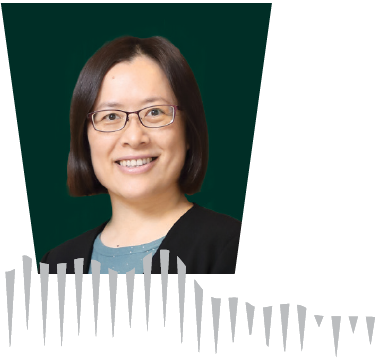
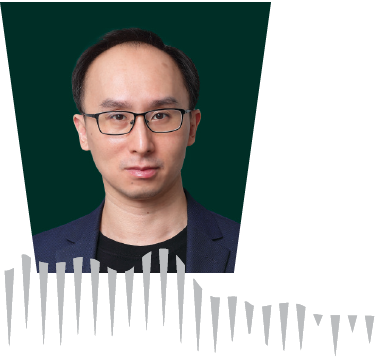
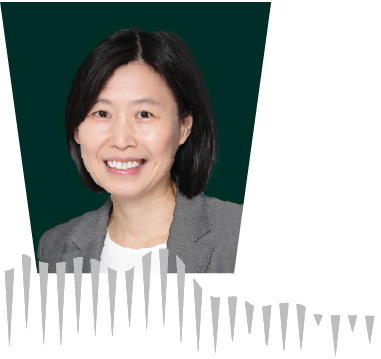
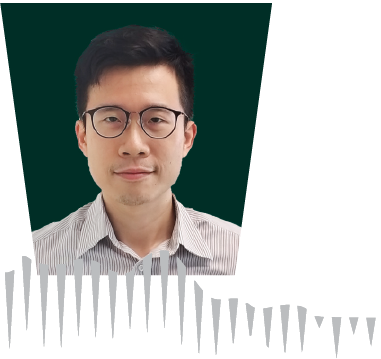
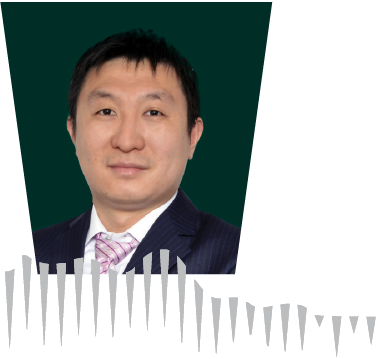
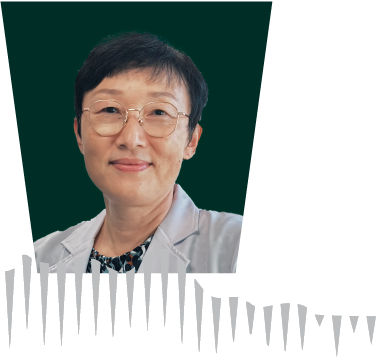


The Tech Landmark, opening in 2024, will house at least 12 interdisciplinary research institutes and kick-start a much-needed expansion in research space at HKU. But its impact is already being felt. Several institutes have been formed and are actively recruiting and establishing their presence.
The most prominent is the HKU Musketeers Foundation Institute of Data Science (IDS), which has received a HK$150 million donation from the Musketeers Education and Culture Charitable Foundation. The IDS aims to be a world-class, interdisciplinary centre that explores frontier research and applications in data science, computing, mathematics and statistics – but also looks beyond traditional STEM subjects to the application of data in wider society.
“One major focus will be digital social sciences and how we can contribute to complex industrial, business and societal issues,” said Vice-President and Pro-Vice-Chancellor (Research) Professor Max Shen, who leads the IDS. “The large-scale databases available across Hong Kong and the Greater Bay Area will give us a unique advantage in producing impactful and novel research.”
The IDS was formally established in January 2022 in a temporary office in the Graduate House and has been recruiting new talent as IDS scholars on joint appointments with various departments at HKU. It has three research clusters to start with: Fundamental Data Science to develop novel methodologies for analysing large volumes of data; Explainable AI and Human-Machine Interplays to deepen understanding of how AI systems make decisions and improve the power, accuracy and transparency of these decisions; and Smart Society, which will make use of sensors and connected devices to advance research on sustainable development, on resilience and responses to 21st-century challenges, and on hard and soft infrastructure for data systems and strategies.
Three other institutes were announced in 2022 and are in the very early stages of development – the Institute for Advanced Quantum Study, the Institute for Climate and Carbon Neutrality, and the Urban Systems Institute. As with the IDS, they bring together scholars from a variety of disciplines to break down disciplinary boundaries and promote deeper collaboration on issues of global importance.
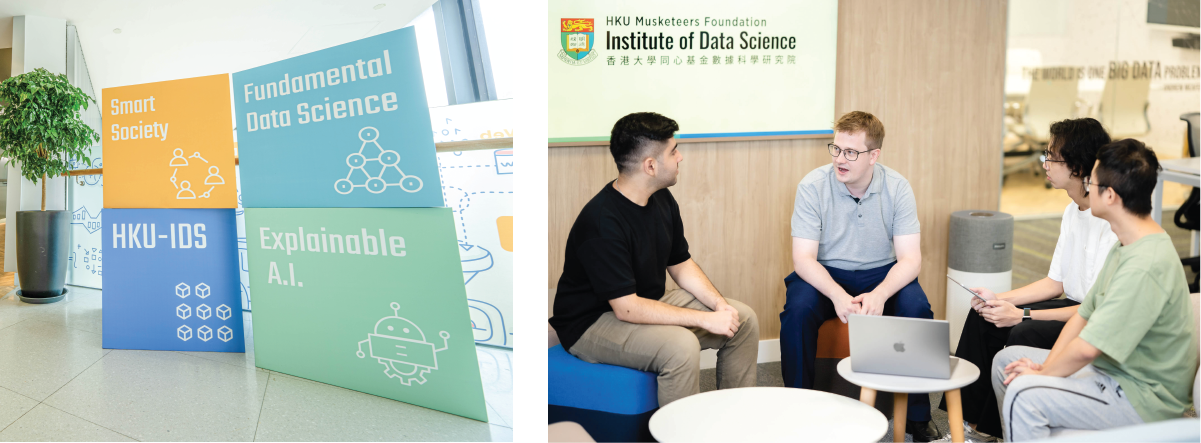
Formally established in January 2022, the Institute of Data Science has a temporary office in the Graduate House, with members from all 10 faculties at HKU.

Data science is playing a growing role in non-STEM fields, where the ability to compute and analyse huge quantities of information is yielding new insights. A case in point is HKU’s Quantitative History of China project, awarded HK$67.32 million in 2022 under the Areas of Excellence (AoE) Scheme.
Professor Chen Zhiwu, Chair Professor and Cheng Yu-Tung Professor in Finance, is leading the project which will examine four key dimensions of China’s and Hong Kong’s development: ancient roots; culture; state capacity and institutions; and finance, trade and Hong Kong’s rise. The project is built around China’s rich tradition of record-keeping.
“Uniquely among nations, China has a wealth of historical and archaeological archives covering almost all aspects of society, from politics to business, law and regulation, crime and unrest, family and lineage, culture and customs, religion and social organisation, and science,” Professor Chen said. “The digitalisation of these records offers quantitative historians an unprecedented opportunity to re-examine various aspects of China’s past.”
The project has an interdisciplinary and international team that includes members of HKU’s Business School and Faculty of Law as well as scholars from Oxford University, Renmin University of China, Chinese University of Hong Kong, Hong Kong University of Science and Technology and Lingnan University. Members of the team have already published widely on the quantitative history of China, constructed historical databases and held symposia to promote their approach since 2013. The AoE will consolidate their expertise to establish a Centre for Quantitative History at HKU that will coordinate research, enhance teaching and learning, and contribute insights on policymaking and improved business practices.
The grant under the AoE Scheme has also been topped up with additional funding from HKU to bring the total funding to HK$74.8 million.
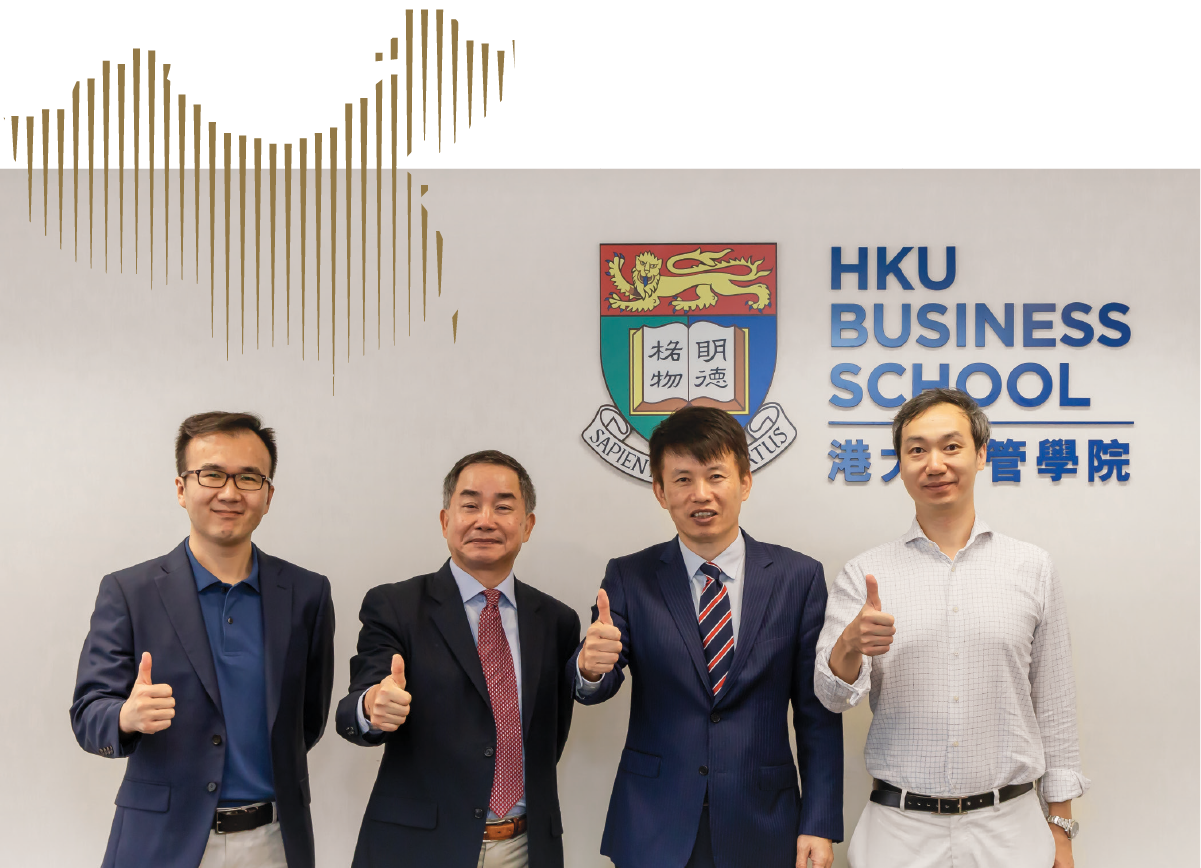
Dean of HKU Business School Professor Cai Hongbin (second from right) with some research team members – Project Coordinator Professor Chen Zhiwu (second from left), Professor Lin Chen (first from right) and Dr Ma Chicheng (first from left).

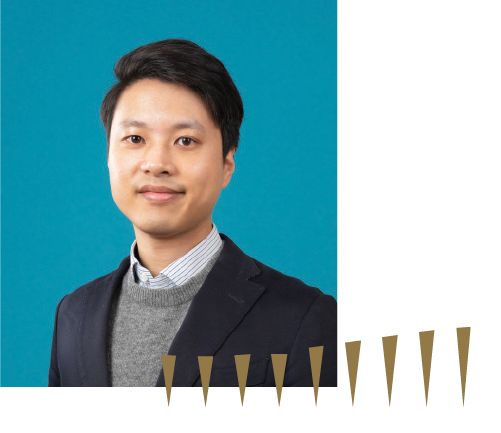
Dr Philip Chow Chi Yung, Assistant Professor in the Department of Mechanical Engineering, aims to reveal the precise energy conversion mechanism that enables current state-of-the-art organic solar cell materials to achieve record efficiencies and to provide guidelines for future material and device development.
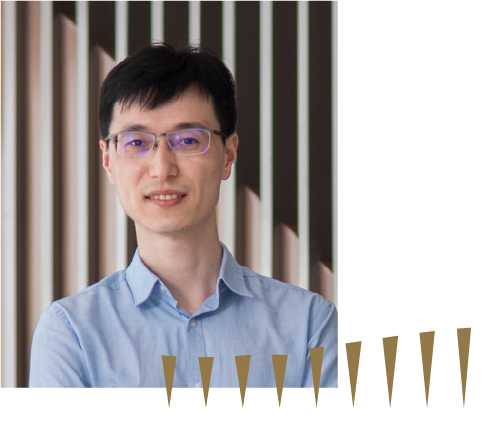
Dr Huang Yuanhua, Assistant Professor jointly in the School of Biomedical Sciences and Department of Statistics and Actuarial Science, aims to develop machine learning methods to tackle the challenges in single-cell data science, with a focus on analysing the dynamic changes of cells.

Dr Hui Chun Yin, Associate Professor in the Department of Mathematics, is undertaking a project titled ‘Algebraic number theory and arithmetic geometry’ that will take the perspective of Galois compatible systems.

Dr Ran Lishan, Associate Professor in the Department of Geography, will study the carbon cycle in inland waters in the semiarid Loess Plateau and subtropical Dongjiang Basin to try to decode the fluctuation of greenhouse gases across the water-air interface and the interplay of environmental and human impacts over time.

Dr Celia Marei Schunter, Assistant Professor of the School of Biological Sciences, is looking at mechanistic responses in marine fish to environmental fluctuations and will use the findings to build on her research on the molecular mechanisms that underly the response of fish to future environmental conditions.
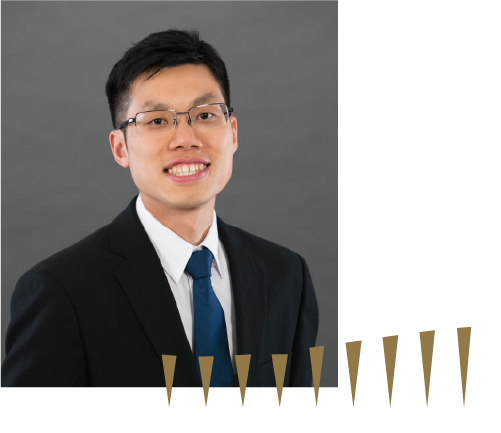
Dr Eric Wan Yuk Fai, a joint appointment of the Department of Family Medicine and Primary Care and the Department of Pharmacology and Pharmacy, aims to provide evidence on the optimal frequency for monitoring complications in patients with diabetes mellitus, which will inform practices for preventing complications and reduce medical costs.

Dr Wang Chenjie, Assistant Professor in the Department of Physics, will extend his investigations into the theories of correlated topological phases and seek applications to quantum critical phenomena.
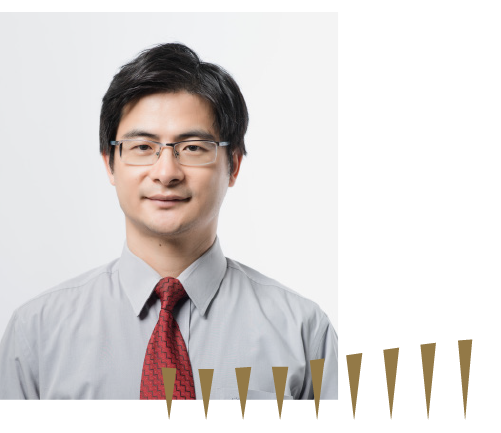
Dr Wang Weiping, Assistant Professor of the Department of Pharmacology and Pharmacy and Dr Li Dak-Sum Research Centre, aims to develop near-infrared light-responsive drug delivery systems and explore the use of optical fibres to deliver light into deep tumours. This would provide important references for the development of photo-responsive drug delivery systems.
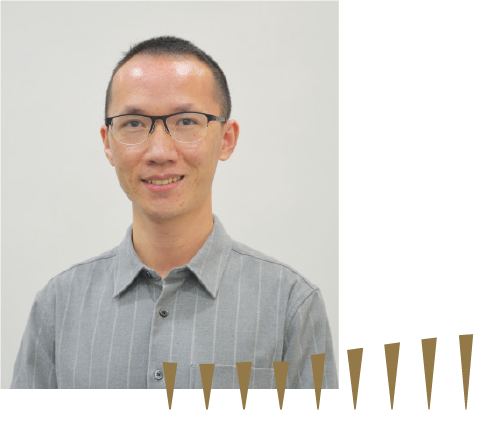
Dr Wu Chenshu, Assistant Professor in the Department of Computer Science, has a project called Smart Wireless Sensing and Tracking that will study ubiquitous sensing AI for innovative applications in the Internet of Things.
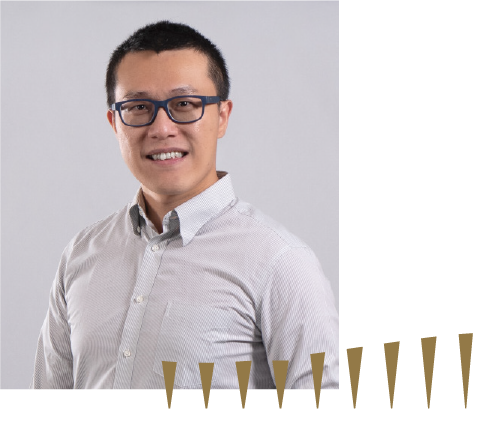
Dr Yang Yi, Assistant Professor in the Department of Physics, will study the interaction between light and free electrons. He will look at various optical environments to enhance their coupling strength, as well as the interplay between free electrons and photonic topology.